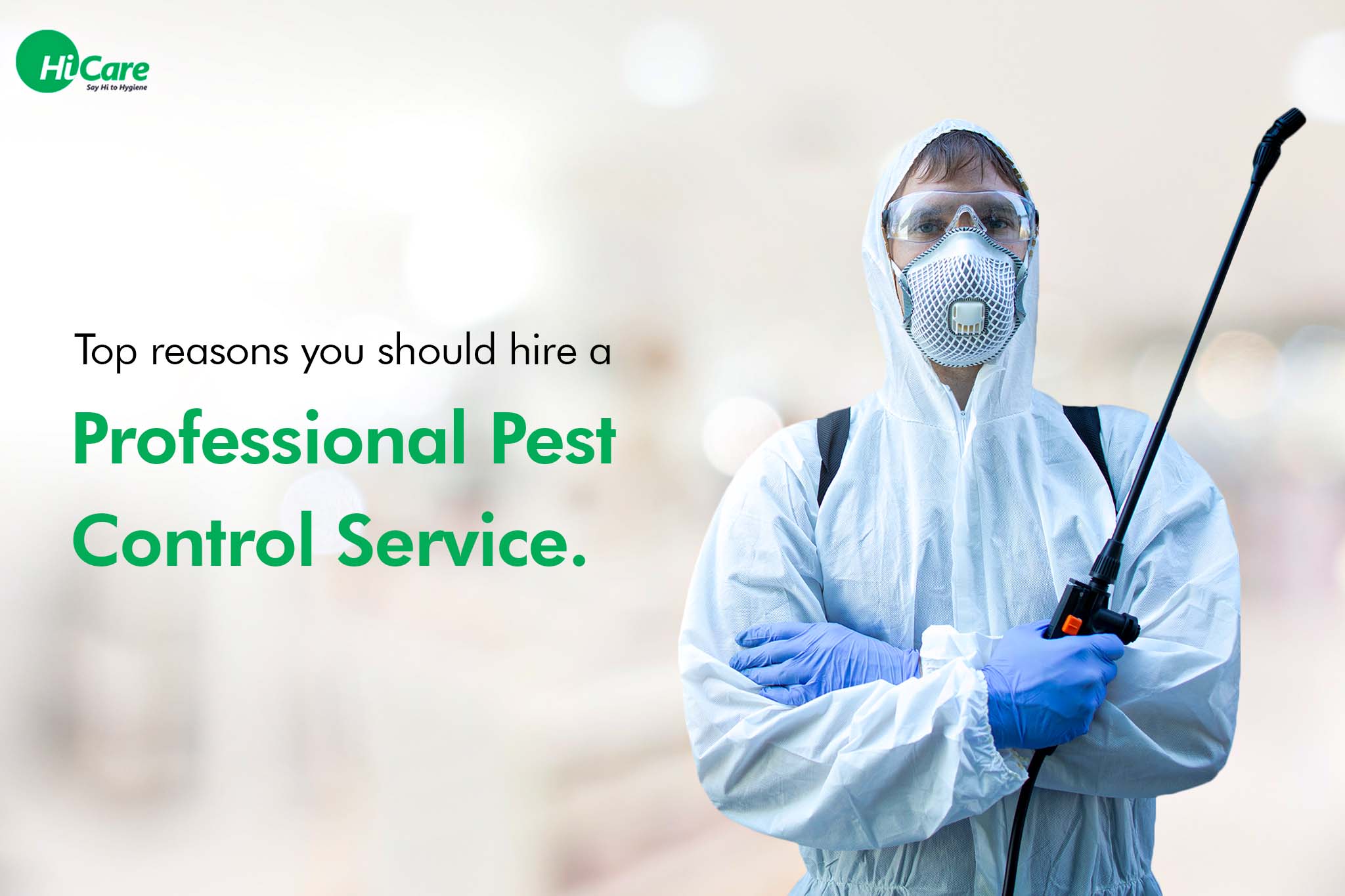Efficient Pest Control Providers: A Thorough Look at Elimination Techniques and Avoidance Procedures
In the world of bug control services, the successful management of problems needs a meticulous strategy that integrates different strategies and steps for both obliteration and avoidance. From Integrated Bug Administration (IPM) techniques that prioritize sustainable solutions to chemical extermination techniques developed for targeted removal, the collection versus pests is huge and diverse.

Integrated Bug Management (IPM) Strategies
Integrated Pest Management (IPM) Approaches incorporate an extensive technique to pest control that focuses on monitoring, avoidance, and control methods to effectively handle pest populations. By incorporating numerous techniques, IPM intends to reduce the effect of bugs while likewise reducing the reliance on chemical pesticides. Avoidance exists at the core of IPM, emphasizing techniques like proper sanitation, maintenance of health, and securing entrance points to prevent insects from infesting structures.
Chemical Elimination Techniques
Chemical elimination techniques are commonly employed in bug control solutions to properly get rid of parasite populaces that present a hazard to human wellness and home. These strategies involve using different chemical substances especially made to target and get rid of bugs such as bugs, rats, and various other unwanted animals. The application of pesticides, insecticides, rodenticides, and other chemical agents is meticulously regulated to ensure optimum effectiveness while decreasing dangers to people, family pets, and the atmosphere.
One of the crucial benefits of chemical elimination methods is their capability to supply fast and targeted results, making them particularly beneficial in cases of severe problems or immediate insect control needs - portland exterminators a1 for bed bugs. Nonetheless, it is important to emphasize the importance of proper handling, application, and disposal of these chemical products to avoid unintended injury
Additionally, integrated parasite administration (IPM) strategies commonly integrate chemical elimination techniques with other methods such as hygiene, habitat modification, and biological controls to develop a comprehensive and sustainable pest control method. By incorporating chemical elimination strategies deliberately within an IPM framework, bug control solutions can effectively handle parasite populaces while lessening prospective risks to human health and the environment.
Organic Parasite Control Methods
Utilizing all-natural predators and bloodsuckers to take care of bug populaces is a lasting technique understood as organic parasite control. a1 portland pest control bed bugs. One usual organic control approach entails introducing natural enemies of the target parasite species, such as ladybugs for aphid control or nematodes for termite infestations.
Another go to these guys efficient biological control strategy is the use of microbial insecticides. These are normally happening microbes, such as fungi, germs, and infections, that particularly target and contaminate particular parasite types. By utilizing these microbial representatives, pest populations can be successfully lowered without triggering or harming valuable organisms injury to the atmosphere.
Physical Bug Avoidance Steps
Executing physical insect prevention procedures entails using obstacles and structural modifications to hinder insects from going into or infesting a residential or commercial property. Mounting door sweeps, screens on windows, and sealing fractures in the foundation can aid stop insects like bugs and rodents from obtaining access paste control chemicals inside your home.
Another physical avoidance procedure is the usage of obstacles like secure fencing to keep bigger insects such as raccoons or deer away from the property. Setting up mesh or cable screens around gardens can safeguard plants from being damaged by bugs. Proper waste administration, consisting of securing trash bin with tight-fitting covers, is essential in discouraging bugs like rats, pests, and raccoons. By applying these physical parasite avoidance actions, homeowner can substantially decrease the threat of insect problems and the damages they can create.
Specialist Insect Evaluation Procedures
Conducting organized and detailed bug assessments is a basic element of expert insect management methods. Expert parasite assessors are trained to meticulously check out properties for indications of infestations, determining pest varieties, entry points, and favorable conditions. The examination procedure commonly starts with an extensive assessment of both the interior and exterior of the premises. This entails checking for insect droppings, munch marks, nests, and any structural damages that might show bug activity. In addition, examiners may use specific devices such as wetness meters and borescopes to spot hidden invasions within walls or crawl areas.

Verdict
Finally, efficient parasite control solutions utilize a variety of techniques, consisting of Integrated Pest Management strategies, chemical extermination techniques, biological controls, and physical prevention steps. Professional bug assessment treatments play a vital role in identifying and resolving pest problems in a timely way. By carrying out a mix of these strategies, property proprietors can efficiently take care of and avoid parasite invasions.
From Integrated Parasite Management (IPM) strategies that prioritize sustainable solutions to chemical elimination methods developed for targeted elimination, the toolbox against insects is substantial and diverse.Integrated Bug Monitoring (IPM) Approaches encompass a comprehensive strategy to pest control that concentrates on monitoring, prevention, and control techniques to effectively take care of pest populations.Chemical extermination strategies are frequently utilized in pest control solutions to properly eliminate insect populations that present a hazard to human wellness and residential property.Using natural killers and bloodsuckers to manage insect populations is a sustainable technique recognized as biological bug control.In final thought, effective parasite control solutions employ a selection of strategies, including Integrated Parasite Monitoring strategies, chemical elimination approaches, organic controls, and physical prevention procedures.